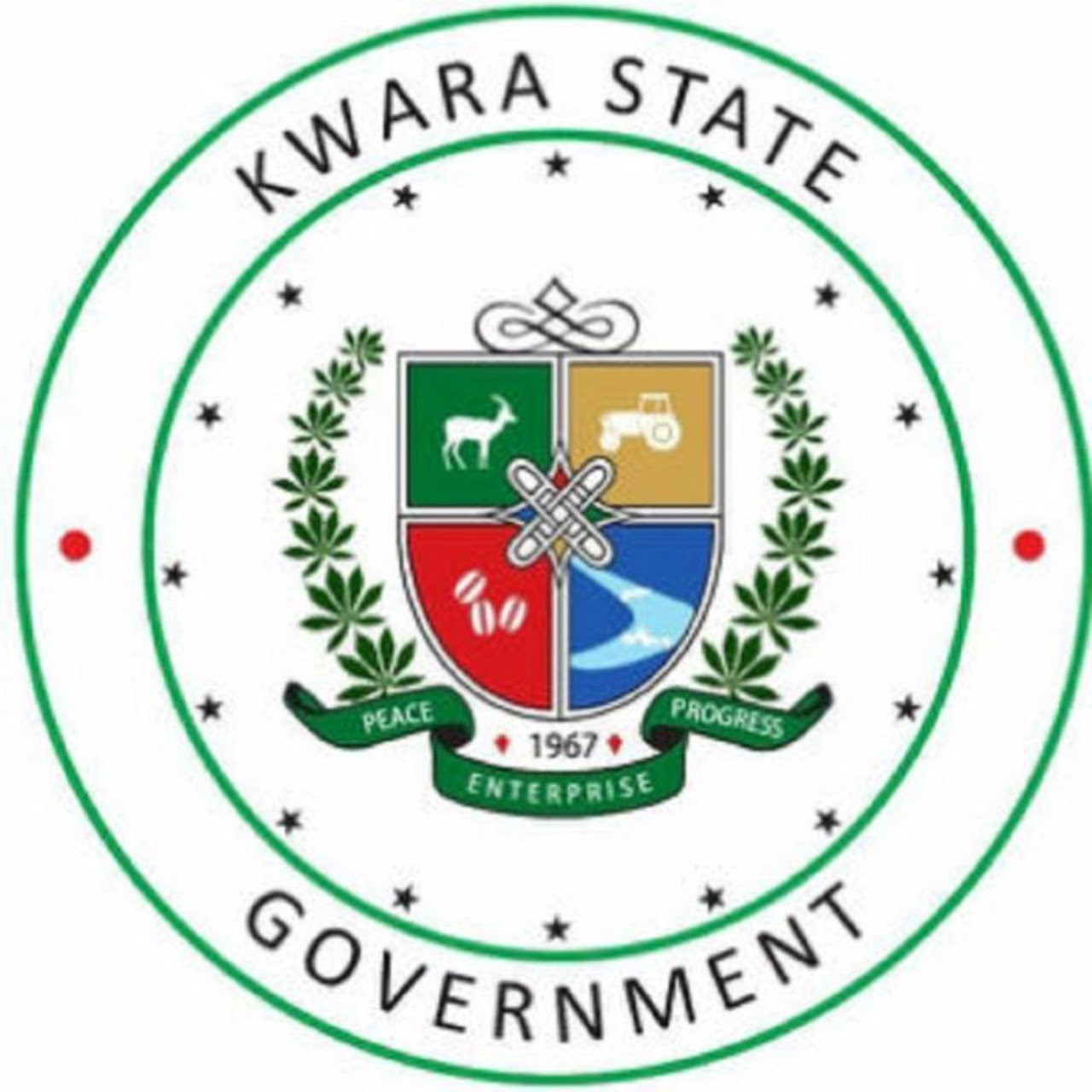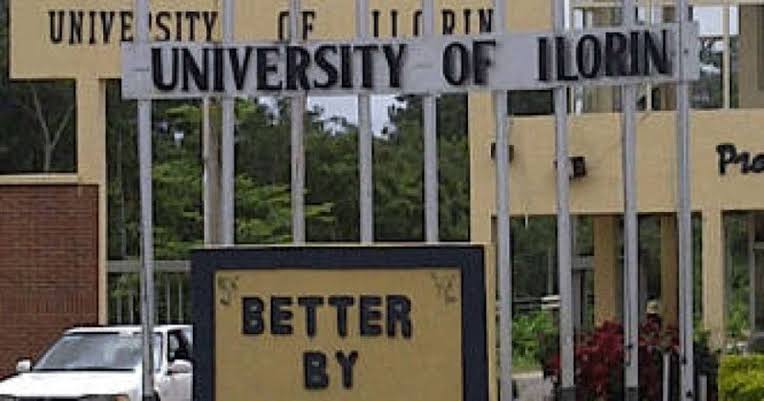Education
Technology to keep new born babies alive wins $100,000 NLNG prize for science
A technology for keeping Nigerian new-born babies alive has been proclaimed the winner of the 2023 edition of The Nigeria Prize for Science.
The Advisory Board of The Nigeria Prize for Science announced a novel scientific work on respiratory technologies by Professor Hippolite Amadi who wins the Prize worth $100,000. The Prize is sponsored by Nigeria LNG Limited (NLNG).
The Prize’s Advisory Board, led by Professor Barth Nnaji, announced the judges’ verdict based on the 2023 theme “Innovation for Enhancement of Healthcare Therapy” at a press conference in Lagos.
Reacting to the verdict, NLNG’s General Manager, External Relations and Sustainable Development, Mr. Andy Odeh said the decision of the judges was a testament to the power of collaboration between the private sector, academia, and the broader scientific community. He stated that the outcome emphasised the need for collective responsibility to nurture and support innovative solutions that hold the promise of transforming the country, adding that it aligns perfectly with NLNG’s vision of “helping to build a better Nigeria” where ground-breaking ideas flourish, and every life is valued and protected.
“We are honoured and deeply moved by the judges’ decision to recognise the ground-breaking innovation in respiratory technology that has been awarded the Nigeria Prize for Science in 2023. This invention not only represents a remarkable leap forward in medical science but also serves as a beacon of hope for the most vulnerable among us – our neonates.
“It reminds us that true progress is measured not only in scientific achievement but in the lives it touches and saves. Today, we celebrate the impact that innovation can have in enhancing healthcare therapy and safeguarding the futures of countless new-borns. At NLNG, we are proud to be part of a legacy that puts saving lives at the forefront of scientific pursuit,” he said.
Referring to the judges’ report, Professor Nnaji said the work by Professor Amadi has not only significantly advanced neonatal care in Nigeria and similar countries, but it has also further improved access and lowered the cost of neonatal care by causing an observed reduction in the market prices of the competing and existing devices.
“The entry showcased three (3) technological innovations aimed at saving the lives of neonates by making the delivery of oxygen cheap and easy. The first innovation is the non-invasive Neonatal Ventilator, a key invention (The bubble PoliteCPAP) for continuous positive airway pressure (CPAP) ventilation of very low-birth-weight neonates, a feasible alternative to the readily available improvised bubble CPAP (IBCPAP) in cost-constrained settings. The second and third innovations are the Oxygen Delivery Blender System, which allows for the safe delivery of oxygen without the danger of toxicity, and the Oxygen Splitter System, which allows for the use of a shared source of oxygen to many neonates at a time, in situations where piped oxygen is not available. These devices are all solar powered,” he stated.
He stated further that the devices have been tried by practitioners at various hospitals across Nigeria, adding that there are reports from those hospitals that the innovation, PoliteCPAP, is an improvement on the existing device as it provides access to ventilators and oxygen delivery simultaneously to neonates at an extremely reduced cost of N750,000 as against N6.5 million for the existing device with comparable and better efficiency.
Professor Amadi is a visiting professor of Medical Engineering and Technology at Imperial College London with a special interest in the development of affordable medical systems. Prior to his work at Imperial College, he was a professor of Medical Technology at Imo State University. His career spans over three decades, cutting across engineering in healthcare, orthopaedics, and neonatology research. He is also the author of the book “Born to Live, Not to Die.”
The decision on the winning entry was reached by a panel of judges, led by Professor Joseph Ahaneku, a Professor of Chemical Pathology at Nnamdi Azikiwe University, Awka, Anambra State. Other panel members include Professor Olaitan Alice Soyannwo, a professor of Anaesthesia at the University of Ibadan, and Professor Abdullahi A. Abba, a Professor of Medicine and Pulmonology at Ahmadu Bello University.
On the prize’s Advisory Board, in addition to Professor Nnaji, are Chief Dr. Nike Akande, a two-time minister and former President of the Lagos Chamber of Commerce and Industry; and Professor Yusuf Abubakar, a professor of Animal Breeding and Quantitative Genetics and the Coordinator of the Agriculture Group, R & D Standing Committee, at the Tertiary Education Trust Fund.
Education
Kwara Govt warns against illegal charges for Common Entrance exam


The Kwara State Government has warned principals of Junior Secondary Schools and head teachers of primary schools across the state against illegal charges for the state placement examination (Common Entrance).
Any violator will face the full wrath of the law, the state Commissioner for Education and Human Capital Development, Hajia Sa’adatu Modibbo Kawu, warned on Tuesday in her office in Ilorin.
She emphasized that the common entrance is free and government will not tolerate anyone or group of people extorting money, under any guise, from the pupils because the examination is fully sponsored by the state government.
Hajia Modibbo Kawu urged the principals and head teachers to desist from all acts that could dent the image of the state government.
She also cautioned them against aiding and abetting examination malpractices, stating that the present administration has zero tolerance for examination malpractices.
The commissioner implored the parents and guardians of the pupils to report any principal or head teacher with suspicious acts to her office directly, reiterating that her office is open to everyone.
Education
UNILORIN appoints 40 new Professors


By Saka Laaro, Ilorin
The University of Ilorin has announced the promotion of 40 of its senior academics to the rank of Professor.
The elevation, which was approved by the Minister of Education, Prof. Tahir Mamman, SAN, was sequel to the recommendations of the University Appointment and Promotion Committee.
A statement from the Office of the Registrar said that the 40 distinguished scholars were found to have excelled in the realms of teaching, research and community service and subsequently promoted to the highest rank obtainable in the academia.
The breakdown of the beneficiaries of the promotion exercise shows that 11 of the new Professors are produced by the Faculty of Agriculture and they are Prof. Sidiqat A. Aderinoye-Abdulwahab, Prof. L. L. Adefalu,Prof. F. O. Takim and Prof. A. A. Badmos.
Others are Prof. Foluke E. Sola-Ojo, Prof. W. A. Jimoh, Prof. M. I. Abubakar, Prof. T. H. Aliyu, Prof. R. O. Uddin II, Prof. T. O. Amusa and Prof. Mutiat A. Balogun.
From the Faculty of Arts are Prof. K. M. U. Gbodofu, Prof. Y. A. Abdullahi, Prof. Abosede R. O. Babatunde, Prof. Bolanle E. Arokoyo, and Prof. P. U. Nwosu while the Faculty of Basic Medical Sciences produced Prof. A. S. Alabi, who teaches at the Department of Anatomy.
Two Lecturers from the Faculty of Clinical Sciences were also elevated to the rank of Professor and they are Prof. T. O. Olanrewaju and Prof. O. A. M. Adesiyun.
The Faculty of Communication & Information Science also produced two new Professors through Prof. Tinuke O. Oladele and Prof. Saudat S. Abdulbaqi while those promoted from the Faculty of Education are Prof. O. O. Okoji, Prof. Folakemi O. Adeniyi-Egbeola and Prof. Florence O. Daramola
From the Faculty of Engineering and Technology are Prof. A. T. Ajiboye, Prof. A. Y. Abdulrahman, Prof. M. O. Sumonu, Prof. Rasheedat M. Mahamood and Prof. T. K. Ajiboye.
The Faculty of Law produced one new Professor in the person of Prof. A. C. Onuora-Oguno.
The Faculty of Life Sciences produced four new professors. They are Prof. M. O. Nafiu, Prof. Faoziyat A. Sulaiman, Prof. Risikat Nike Ahmed, and Prof. I. O. Sule.
Those promoted from the Faculty of Management Sciences are Prof. M. A. Ajayi and Prof. Rihanat I. Abdulkadir as the Faculty of Physical Sciences also produced two new professors through Prof. Haleemat I. Adegoke and Prof. O. A. Abidoye.
The promotion of Prof. Monisola A. Tunde of the Department of Geography and Environmental Management was also confirmed while the Faculty of Veterinary Medicine also produced one of the new Professors in the person of Prof. Z. Jaji from the Department of Veterinary Anatomy.
Education
Student Union election turns deadly: One student flees for life, parents killed in tragic attack
In the quiet town of Ekiadolor, the College of Education became a battleground as student politics turned deadly. Odunuga Gbenga, a promising student, found himself thrust into the chaos of campus conflict.
It all began innocently enough when Gbenga was nominated as a contestant for the Student Union presidency. Little did he know that this simple act would plunge him into a nightmare.
During the election, tensions ran high as rival factions clashed violently. What was supposed to be a democratic process spiraled into chaos, with reports of killings, rapes, and riots echoing across the school grounds.
In fear for his life, Gbenga fled the campus, seeking refuge in the familiar embrace of his parents’ home in Edo State. But safety eluded him as darkness fell on that fateful night.
Under the cover of midnight, a group of assailants descended upon Gbenga’s home, shattering the peace of the night. In a desperate bid for survival, Gbenga fought bravely, but the odds were against him.
Tragically, Gbenga’s valiant efforts were in vain. Though he managed to escape, his beloved parents were not as fortunate. The attackers, driven by unknown motives, mercilessly took the lives of Mr. Samuel Odunuga and Mrs. Taiwo Odunuga, leaving a family shattered and a community reeling in shock.
Since that harrowing night in 2023, the search for Gbenga has consumed the hearts and minds of his grieving family. Their plea echoes through the pages of this newspaper, a desperate cry for justice and closure in the face of unspeakable tragedy.
-
Finance4 months ago
Court orders Sen. Victor Umeh to repay N136m bank debt to AMCON
-



 Abuja Update3 months ago
Abuja Update3 months agoUNDP, FG partnership needed to achieve inclusion, equity- Minister
-
Abuja Update2 months ago
Banks drive stock market performance with N147bn gain
-
capital market2 years ago
Rt.briscoe, FBNH, Others halts negative performance of stock market
-
Submission Guidelines4 months ago
CALL FOR SUBMISSIONS: POETRY COLUMN-NND
-



 Health1 month ago
Health1 month agoCapacity training will reduce migration of health workers- NPHCDA
-



 Business4 weeks ago
Business4 weeks agoTingo Group unveils Tingo Electric, Tingo Cola drink at Lagos launch
-
News5 months ago
Oil thieves sponsoring malicious media campaign against Navy – Spokesman










